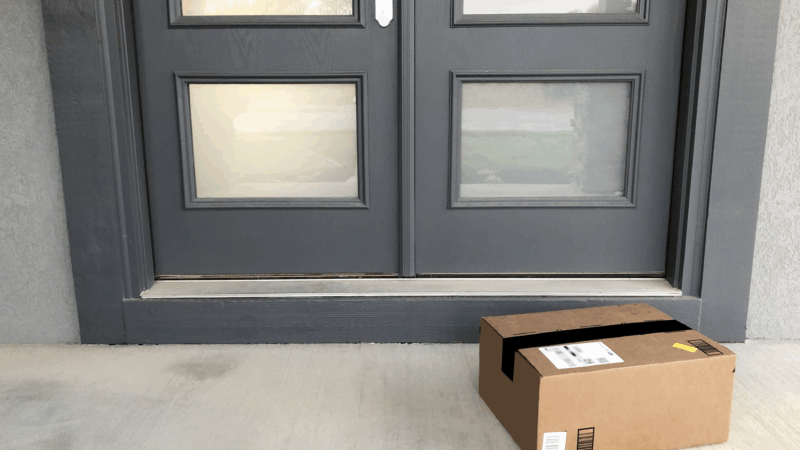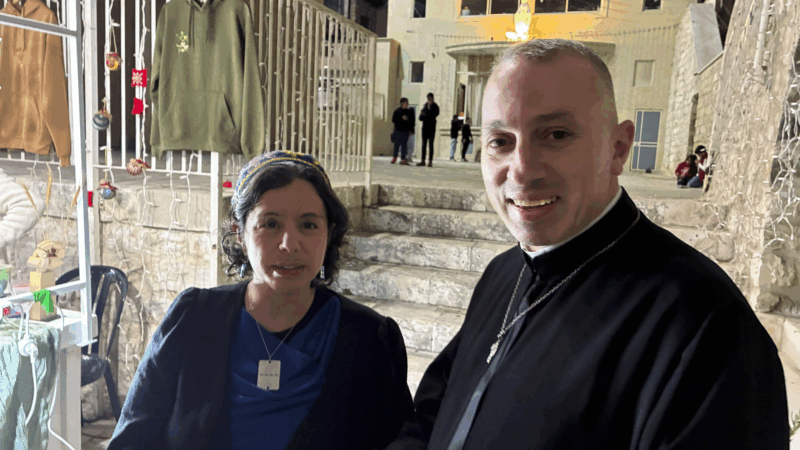One Year In, Bama Tracker Creator Considers Future Of COVID Data Site
Saturday will mark one year since the first confirmed case of COVID-19 in Alabama, ushering in a year like no other. But David Marconnet’s experience during the pandemic is unique.
The Huntsville software developer started a side project called Bama Tracker. It’s a website that displays public information about the pandemic in a clear, digestible way. That site has become a go-to place for professionals and amateurs to find data about the coronavirus in Alabama. Its reach has far surpassed what Marconnet though would happen when he started a year ago.
“My expectation was it would probably be a couple months, maybe two or three months, and that we could potentially be through (the pandemic),” Marconnet said.
By May, he created social media accounts for Bama Tracker. Reporters soon came calling. Marconnet declined interview requests initially, having never done media interviews. But after deciding to give it a shot, an interview ran on TV in Birmingham and changed everything.
“It just exploded in a matter of days, going from hundreds of people a day to thousands of people a day,” Marconnet said. “That’s when I realized it was a much larger deal than I anticipated it being.”
According to Marconnet, traffic to the site roughly followed the intensity of the pandemic. More people visited when COVID was spreading rapidly and fewer when the number of new cases dropped. Right now, Bama Tracker sees about 8,000 to 10,000 unique visitors a day. Overall, at least 1.5 million people have gone to the site.
“The attention was something I certainly had to get used to, a lot of people talking through Twitter or email, doctors getting in touch and other professionals,” Marconnet said. “It was definitely a whirlwind.”
The pandemic affirmed Marconnet’s belief that data is valuable, but Bama Tracker forced him to think more carefully about what data is most helpful in a world of so much statistical noise. During a redesign in January, he paired down the site to focus on what he felt was most important.
“You could go to some of these national sites and just swim in tables of data and chart after chart after chart and in some ways be overwhelmed by that,” Marconnet said.
Marconnet intended Bama Tracker to be politically neutral, but that’s been difficult as various aspects of the pandemic became politicized. Even a tweet about wearing a face mask brought swift reactions from both sides on social media.
State lawmakers commended Marconnet with a resolution last month. But new coronavirus cases have been dropping in Alabama in recent weeks while the number of people vaccinated rises. That leads to a big question: when is it time to end Bama Tracker?
“I think when people don’t feel the need to go to it every day … and we just kind of go on with life. That will tell me it’s served its purpose,” Marconnet said.
He sees two options. Bama Tracker could remain untouched as an archive for researchers or anyone who wants to look through pandemic data. A second idea would be to pivot to track other data Alabamians find interesting.
“I’ve been playing with some ideas there, and I’ve had some struggles figuring out what people would care about,” Marconnet said. “I don’t have an answer there. We’ll just sort of see.”
30 years ago, ‘Waiting to Exhale’ was the blockbuster Hollywood didn’t anticipate
The 1995 adaptation of Terry McMillan's novel celebrated the beauty of Black sisterhood.
When porch pirates steal medicine instead of holiday gifts
Mail theft can happen around the holidays, but sometimes, instead of getting a new iPad, the thief swipes a mail order medicine. Here's what to do about it.
Timothée Chalamet, a Neil Diamond tribute band and more in theaters for Christmas
Also in theaters this week, Jack Black and Paul Rudd star in a meta reimagining of Anaconda, Amanda Seyfried in a Shaker origin story, and Ralph Fiennes plays a World War I-era choirmaster.
In the snow, these salamanders get supercool
Blue spotted salamanders have been seen walking across snow and new research suggests how they get by in the cold.
U.S. and Ukraine reach consensus on key issues aimed at ending the war
The United States and Ukraine have reached a consensus on several critical issues, but sensitive issues around territorial control in Ukraine's eastern industrial heartland remain unresolved.
Despite Vatican-Israel tensions, Catholics and Jews work to build trust in Haifa
Religious leaders started getting together after Oct. 7, 2023, in the hope of preventing a repeat of Arab-Jewish violence that erupted after a previous conflict in Gaza two years earlier.








